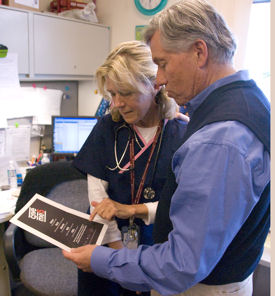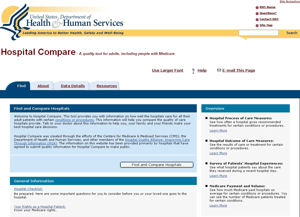Montelukast examined for link to suicidal thoughts, actions
Warnings, recalls, label changes, and approvals.
Warnings, recalls, label changes
The FDA is investigating a potential link between the use of asthma/allergy drug montelukast (Singulair) and behavior/mood changes, suicidal thinking and behavior, and suicide. The review may take up to nine months. The FDA is reviewing other leukotriene modifying medications on reports of similar side effects.
Medtronic's January letter to doctors about potential problems with its Neuromodulation Implantable Infusion Pumps was deemed a Class I recall. The company has seen an increase in reports of inflammatory mass formations at or near the distal tip of the intrathecal catheters of the pumps, which are used to treat pain, spasticity and cancer. Medtronic recommends using the lowest effective dose with the pumps, and monitoring patients for symptoms of inflammatory mass.

A preliminary analysis of 29 placebo-controlled trials suggests tiotropium (Spiriva) may increase the risk of stroke. The drug is used to treat bronchospasm associated with chronic obstructive pulmonary disease. More data should be available in June.
The warning section for darunavir's (Prezista) prescribing information was changed to reflect risk of hepatotoxicity. Because patients taking combination therapy with darunavir/ritonavir have reported drug-induced hepatitis, laboratory testing should be done prior to starting this combination treatment, and patients should be monitored during treatment.
Medtronic's AneuRx stent should be used as indicated by the product label, and physicians should follow up with the stent patients, given the rise in late mortality rates for abdominal aortic aneurysm in the years after implantation. Data suggest aneurysm-related mortality continues to increase three years after implantation, reaching 1.3% by year 4 and 1.5% by year 5.
An FDA panel voted to recommend erythropoiesis-stimulating agents remain in use for anemia caused by cancer treatment, but said the drugs shouldn't be taken by patients with head and neck or breast cancer, and shouldn't be given to patients with cancer that is thought to be curable. Days earlier, new details were added to the boxed warnings of epoetin alfa (Procrit, Epogen) and darbepoetin alfa (Aranesp) about a higher risk of death and faster tumor growth for cervical and early stage breast cancer patients.
Tussionex Pennkinetic Extended-Release Suspension should be used only in adults and children over age six and no more frequently than every 12 hours. Patients have died after providers failed to follow prescribing information. Providers should tell patients of warning signs including trouble breathing, slow heartbeat, severe sleepiness or cold, clammy skin.
Markedly elevated serum hepatic enzymes and elevated total bilirubin—signs of potentially severe liver injury—may appear as early as six days after starting natalizumab (Tysabri). The drug is approved to treat multiple sclerosis and Crohn's disease.
Approvals
Fibrin Sealant VH S/D 4 (Artiss), a tissue adhesive, used in attaching skin grafts onto burn patients. The new adhesive has a lower concentration of thrombin, which allows surgeons more time to position the grafts before they begin to adhere to the skin.
Desvenlafaxine (Pristiq), a serotonin-norepinephrine reuptake inhibitor (SNRI), to treat adults with major depressive disorder. The drug is chemically similar to venlafaxine (Effexor) but doesn't require titration, so patients can start it at the recommended therapeutic dose of 50 mg per day.
Bevacizumab (Avastin) to treat metastatic breast cancer. The drug, already approved to treat colon and lung cancer, was approved for breast cancer based on findings that it slowed tumor growth, though it didn't extend patients' lives.





